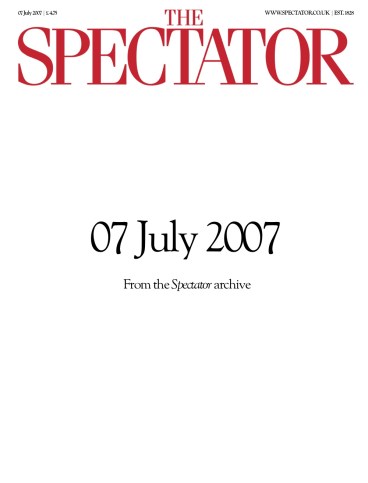Interest still accruing
Galsworthy is one of those writers who obstinately survives. Critical opinion wrote him off long ago. His plays are rarely staged. Most of his novels have sunk below the horizon. Yet the three which make up The Forsyte Saga have rarely, if ever, been out of print, and continue to be read — not only

